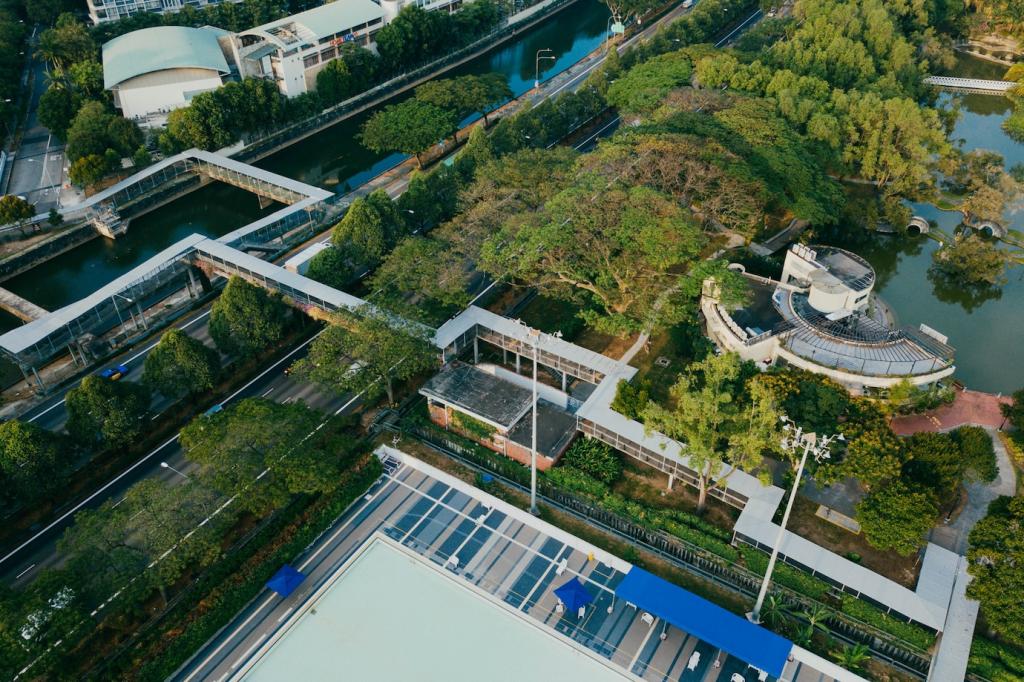Minimalist eco-living merges simplicity with sustainability, offering a conscious approach to daily life that benefits individuals and the environment alike. By adopting minimalist practices and prioritizing eco-friendly choices, individuals find themselves living with less clutter, reduced stress, and a smaller ecological footprint. This lifestyle encourages thoughtful consumption, resource conservation, and a greater sense of well-being, all while supporting the planet’s health. In the following sections, we explore the specific advantages of this harmonious way of living, delving into personal, environmental, financial, and community-related benefits.
Enhanced Personal Well-Being
Stress Reduction and Mental Clarity
A minimalist eco-friendly environment is intentionally designed to minimize distractions and facilitate calmness. By letting go of excess and organizing living spaces efficiently, stress levels tend to decrease as people are freed from the constant pressure to manage possessions. This simplicity naturally leads to mental clarity, making it easier to focus on important tasks, relationships, and personal growth. The act of decluttering itself can be therapeutic, often resulting in a renewed sense of control and serenity, which can have lasting positive effects on emotional well-being.
Greater Mindfulness and Intentional Living
Minimalist eco-living encourages a mindful approach to both consumption and daily routines. By questioning the necessity of each item brought into the home and considering its environmental impact, individuals cultivate a habit of intentional decision-making. This mindfulness spills into other areas of life—meals become more deliberate, time is allocated more purposefully, and experiences are cherished with greater appreciation. The conscious choice to live minimally opens space for deeper meaning and satisfaction, reducing the urge for unnecessary consumption.
Increased Time and Freedom
Owning fewer things and following eco-friendly practices often mean less time spent on cleaning, organizing, and maintaining possessions. This, in turn, frees up time for activities that align with personal values, such as pursuing hobbies, spending time with loved ones, or exploring nature. The sense of liberation from material excess allows for a more flexible and adventurous way of life, where opportunities for spontaneous experiences are more readily embraced. This increased freedom is at the heart of why so many people find minimalist eco-living deeply rewarding.
Minimalist eco-living champions responsible consumption, which directly reduces the extraction and use of finite resources. By purchasing only necessary items and opting for durable, sustainable products, individuals generate less waste. Reusing, recycling, and rethinking purchasing habits further curtail landfill contributions and promote a circular approach to material use. This shift away from disposable culture plays a significant role in preserving resources like water, energy, and raw materials, lessening our collective environmental impact.
Environmental Sustainability
Financial Savings and Economic Benefits
Minimalist eco-living emphasizes purchasing items only when they serve a genuine purpose, and this philosophy inherently curbs impulse buying and wasteful spending. By critically evaluating each purchase, individuals find themselves saving significant amounts that might otherwise be lost to fleeting wants or rapidly depreciating goods. Over time, these savings accumulate, enabling a deeper focus on higher-quality purchases and life-enriching experiences without financial strain.

